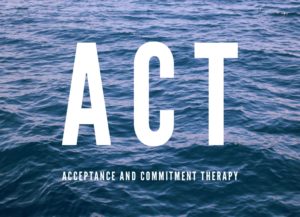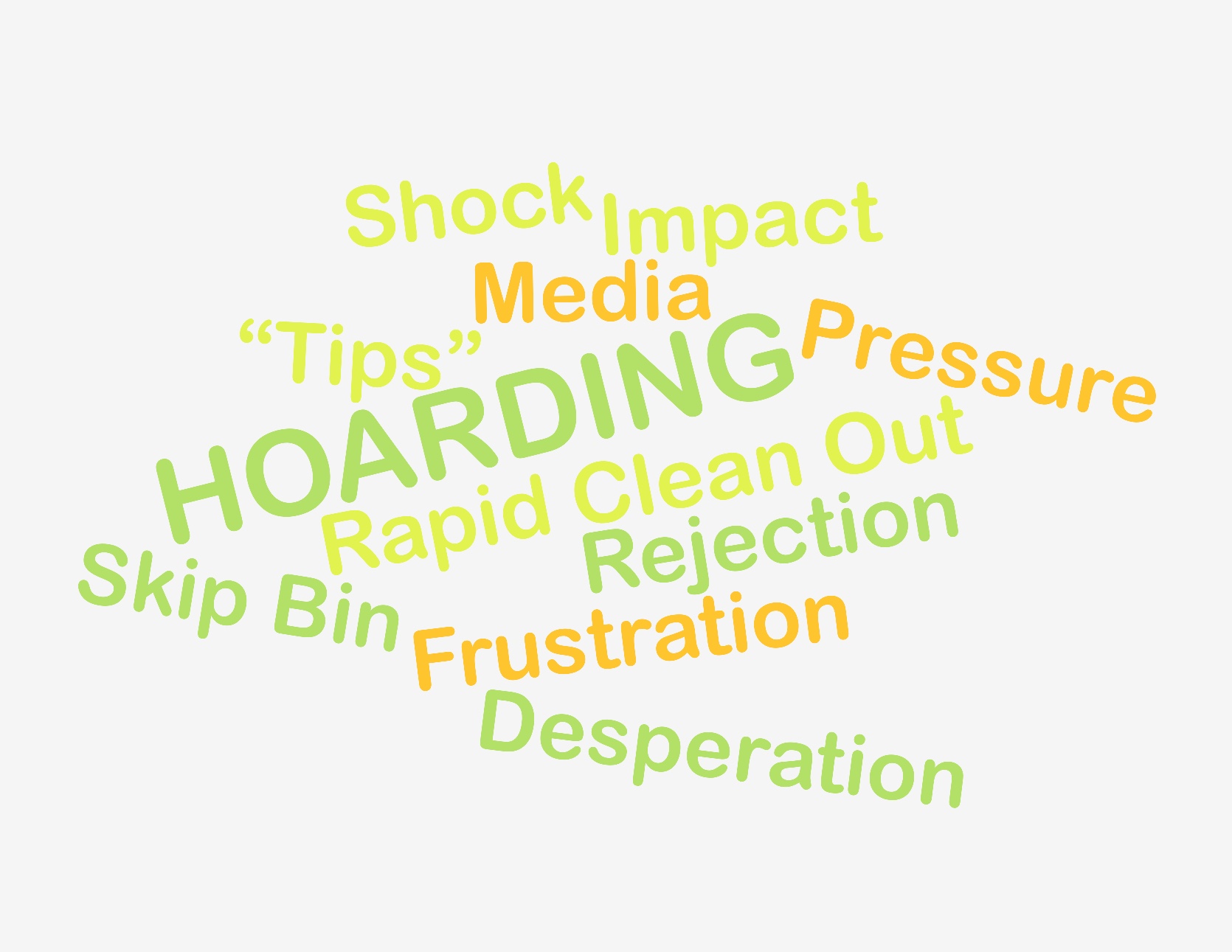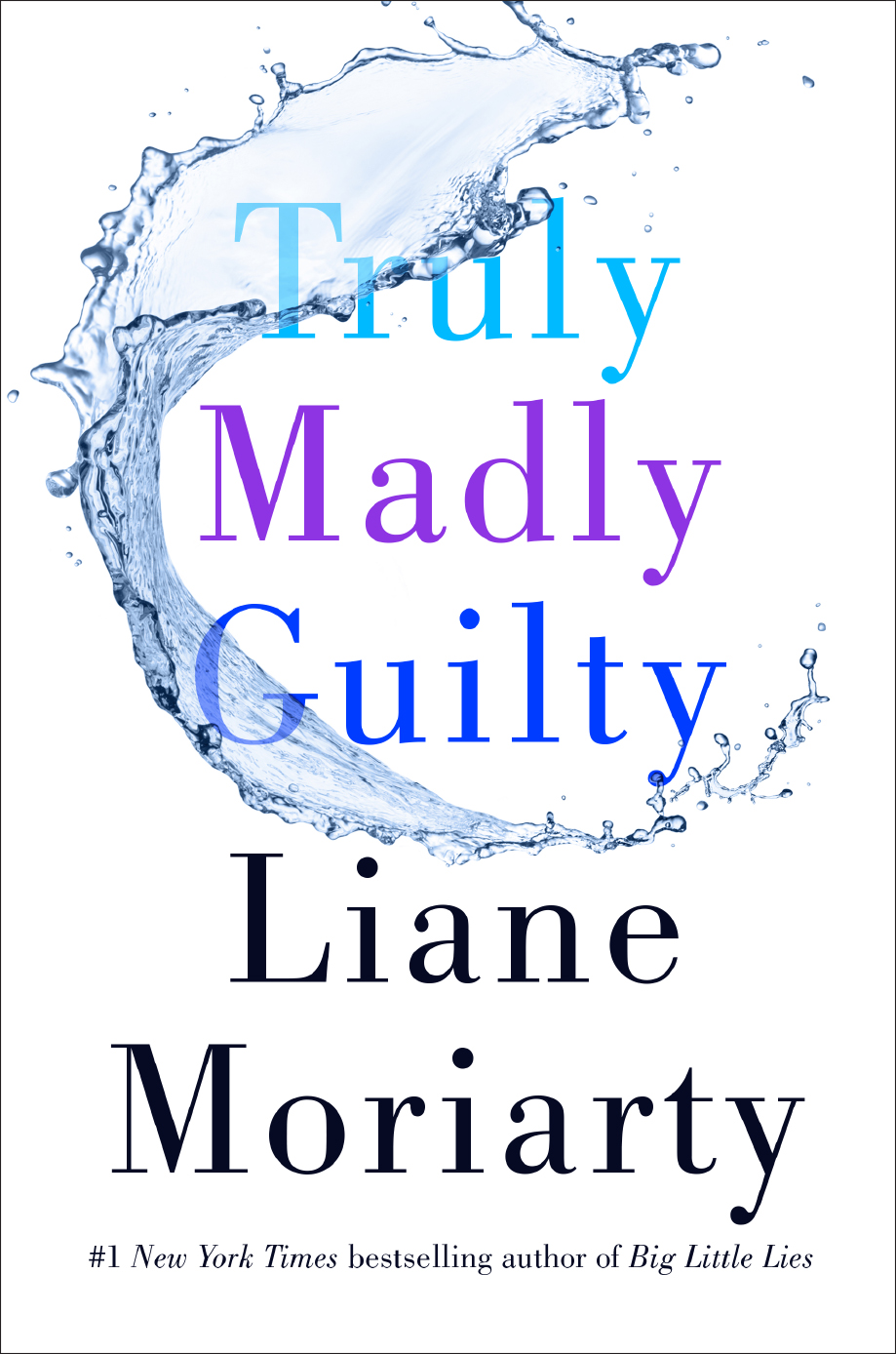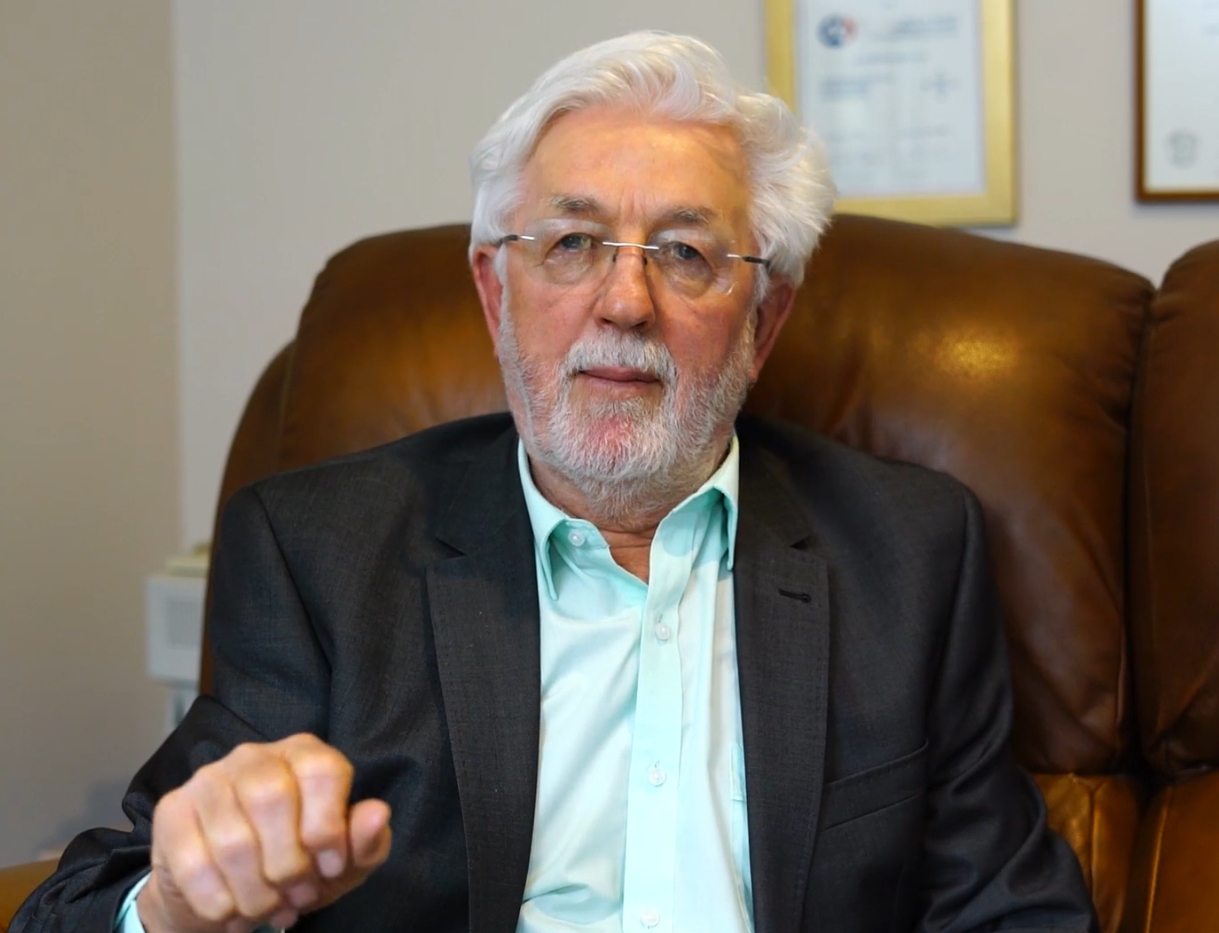 Thanks to Dr Jan Eppingstall from Stuffology Consulting, a Hoarding Disorder Expert and ACT coach for this guest blog post.
Thanks to Dr Jan Eppingstall from Stuffology Consulting, a Hoarding Disorder Expert and ACT coach for this guest blog post.
Hi there! I’m Dr Jan Eppingstall a hoarding expert with a psychology PhD and an ACT coach. Wendy and Angela invited me to share my knowledge and understanding of Acceptance and Commitment Therapy (ACT), which is a highly effective approach all types of psychological suffering, including hoarding disorder.
This is just a taste of what ACT is all about and if you’d like to learn more about it you should check out www.actmindfully.com.au and read The happiness trap: Stop struggling, start living by Dr Russ Harris.
If after reading this you think someone you know may be suitable for this type of coaching feel free to contact me jan@stuffology.com.au and we can chat.
Cheers, Jan
What the heck is ACT?
“It’s NORMAL to be happy. Why can’t I be happy like everyone else? There must be something wrong with me.”
We live in a feel-good society and this is the type of dialogue we have with ourselves whenever we’re feeling stuck, anxious, or depressed, isn’t it? Well that’s what my mind tells me, anyway. I mean if my mind keeps saying that the reason I’m not happy is because I’m not good, beautiful, smart, stylish, enough then it must be true, right? But, if my mind is wrong then I should just be able to think positively while controlling or supressing my critical self-talk, snap out of my funk like magic, and live happily ever after. Problem solved. Case closed. Simple, right?
Yeah, nah as we say in Australia. Not gonna happen. But why can’t we just change our thoughts? Why can’t we stop our mind trolls from spewing hateful stuff all day long? Well it turns out it’s impossible to stop painful thoughts, emotions, memories, feelings, and sensations from spontaneously showing up and this is for a very good evolutionary reason. Stay with me here as we do a little time travel…
Back in our caveman days, survival was Homo sapiens’ primary goal. In order to survive our primitive minds developed as highly sensitive problem solving machines and danger detectors making them biased towards the identification of anything harmful in order to avoid it. Those cavemen that were highly successful at anticipating and avoiding danger lived longer and produced more offspring thus passing on those traits that shaped the human mind. Back then we could answer simple questions like is this good or bad, safe or dangerous, harmful or helpful when faced with a threat pretty easily because it was usually something physically dangerous like a sabre-toothed tiger or lightning.
In 2019, the threats we face are not so easy to categorise as positive or negative, but our brains remain structurally identical to those of our caveman ancestors. Losing a job, bankruptcy, divorce, receiving negative reviews on Facebook, or being ghosted by a partner, seem life threating to our minds. In fact, even just thinking about these threats leads the mind to believe these things are actually happening and triggers our fight or flight response.
So by now your thinking, get to the point! I just wanted to know what the heck ACT (said act by the way not A-C-T) is and why I should learn ACT techniques to use with my clients or seek out an ACT coach or therapist for myself or clients that I know are feeling stuck.
OK I’ll get right to the point.
Because our minds are constantly scanning the environment for danger we can conceptualise it as a “don’t get killed” device. The brain is biologically biased for seeking out negative stuff and avoiding it–whether it’s present, remembered or imagined. Therefore, it’s natural for our minds to constantly detect the negatives in our environment, our relationships, and ourselves. Once a painful thought, emotion, feeling, sensation, or memory is triggered it can’t be suppressed or removed. In fact, attempting to do this can make the pain more intense and enduring.
So what can you do?
You can choose to listen and believe the “story” the painful thoughts, feelings, sensations, or memories represent (like the “I’m too stupid” or the “everyone leaves me” narrative) and allow that to guide your actions, which will probably be avoidance or harmful behaviours. Alternatively, you can notice and accept the psychological pain invoked by these thoughts and feelings and intentionally choose to take action in the direction of your core values.
ACT is a an acronym for Acceptance and Commitment Therapy. It is primarily a behavioural and cognitive model in contrast to a cognitive-behavioural model. This just means that the treatment is focused on behaviours and actions rather than attempting to change cognitive events (feelings, thoughts, sensations, emotions, memories). Some call it a “third way” cognitive-behavioural therapy or a mindfulness-based treatment. It has emerging support as an effective treatment for a whole host of disorders including depression, anxiety, and even psychosis. ACT is a process model, which just means that it targets the cognitive and behavioural processes rather than the symptoms of particular disorders. The ACT processes are defusion, acceptance, present moment awareness, perspective taking, committed action, valued living. Together this is psychological flexibility and increasing this flexibility is the goal of ACT. What you learn to do in ACT is to be present, open up, and do what matters.
What can I expect if I see an ACT coach or therapist?
An ACT coach is there to guide you to towards living the life that you want and will teach you new, more effective ways to engage with painful thoughts, feelings, emotions, sensations, and memories so that they don’t impact you as much and stop you from being who you want to be.
The most important things to know about ACT are:
- It is a very action orientated therapy so you will be asked to try more effective ways of tackling difficult thoughts and feelings in session so they have less impact and influence over you and will be asked to practice these skills between sessions.
- You will be asked to expose yourself to uncomfortable thoughts and feelings in order to gain the benefits of ACT but, you will not be forced to do anything you don’t want to do.
- ACT is not like traditional “talk” therapy where you laboriously discuss your past traumas and difficulties in detail in order to “get them off your chest” and work out why things happened the way they did and what they mean (if you’ve never been to a therapist and only have the image of Freud asking a prostrate patient on a chaise “how do you feel about your mother?” ACT isn’t that).
- Your coach is not the expert on you and is not your superior with all the answers. You and the coach are a team. Your coach will not tell you what to do thus you can choose how you implement the skills you develop in session.
- The goal of ACT is to help you live a more fulfilling and meaningful life. Sessions will involve clarification of values that is finding out what matters to you, developing strengths and qualities you’d like to develop, and explicating how you would like to treat yourself and others.
- When you leave each session you will have something practical to take away in order to actively improve your life.
- ACT is not a long process of years and years of weekly sessions. Indeed, many of the skills and concepts can be implemented immediately and progress can be made between sessions. Although estimating how many sessions clients might need in order to grasp and implement the strategies taught is impossible, it’s likely that 6-10 sessions may be adequate for most with some follow-ups and refreshers down the track if needed.
I hope this helped you understand what ACT is, why it is successfully helping all types of people, not only those with clinical disorders, live richer fuller lives, and why it might be right for you or your clients.
I’ll leave you with something to ponder.
With statistics suggesting 1 in 10 people have clinical depression, 1 in 5 are depressed at some time, 1 in 4 have or have had an addiction, 30% of the adult population has a recognised psychological disorder, and of all the people you know almost HALF of them will have seriously contemplated suicide at some point and 1 in 10 will actually attempt it, psychological suffering is the rule not the exception.
ACT can help everyone.









